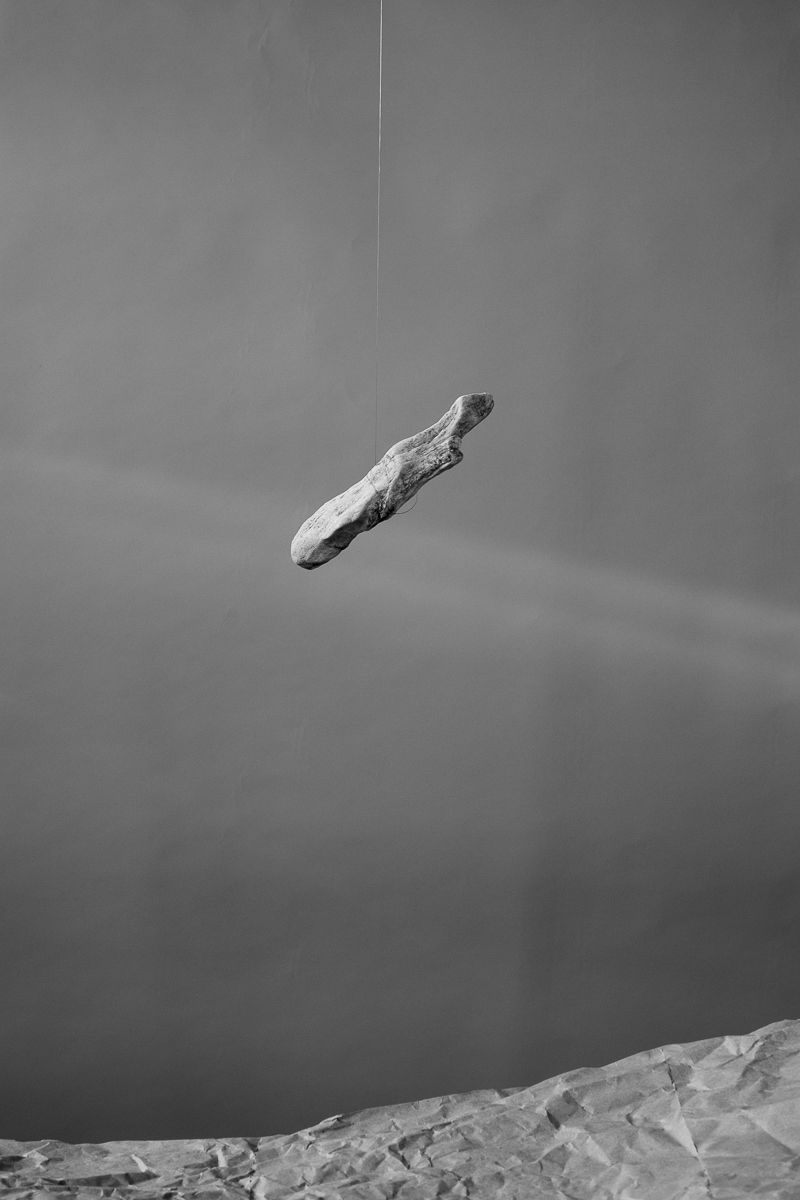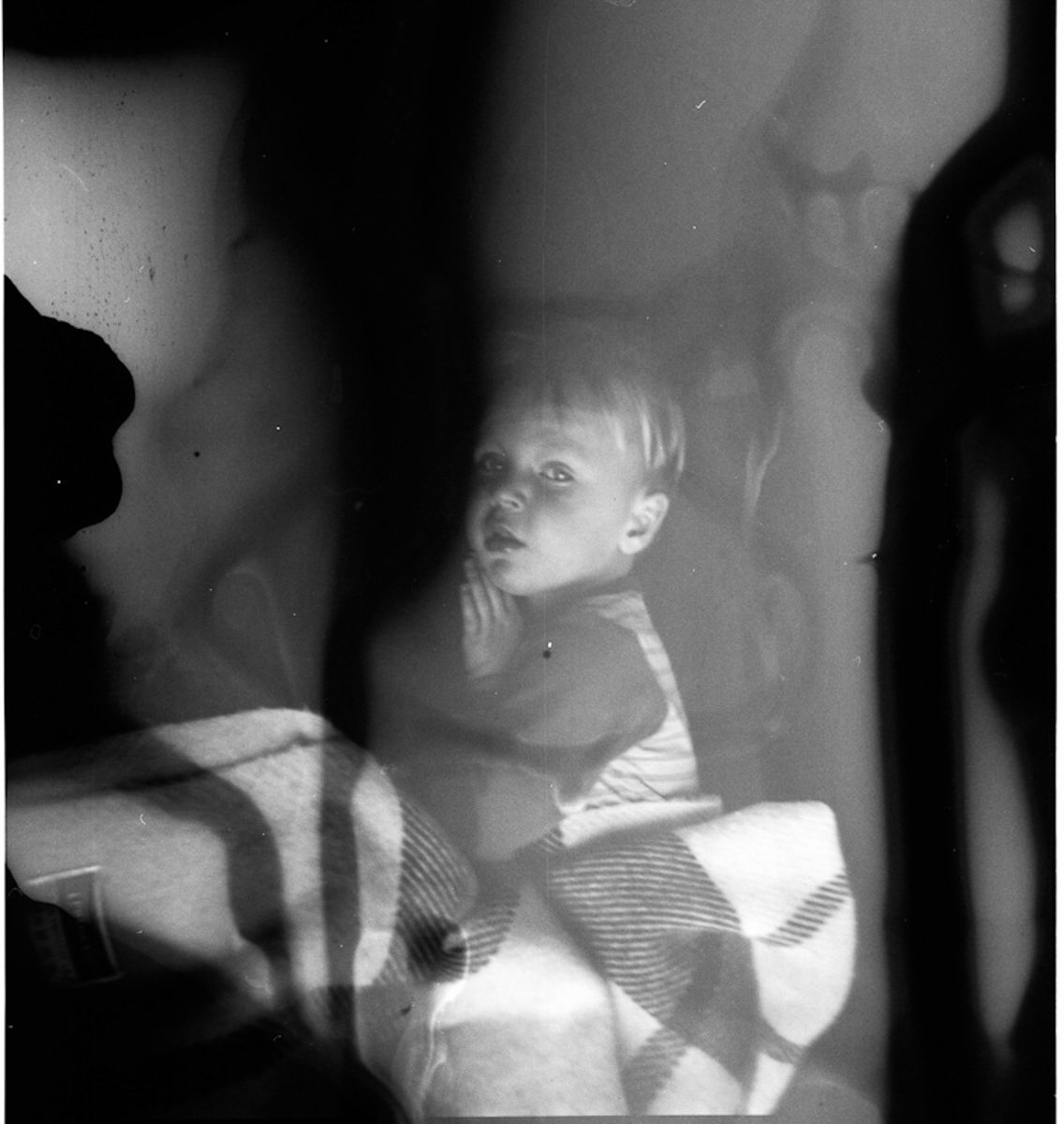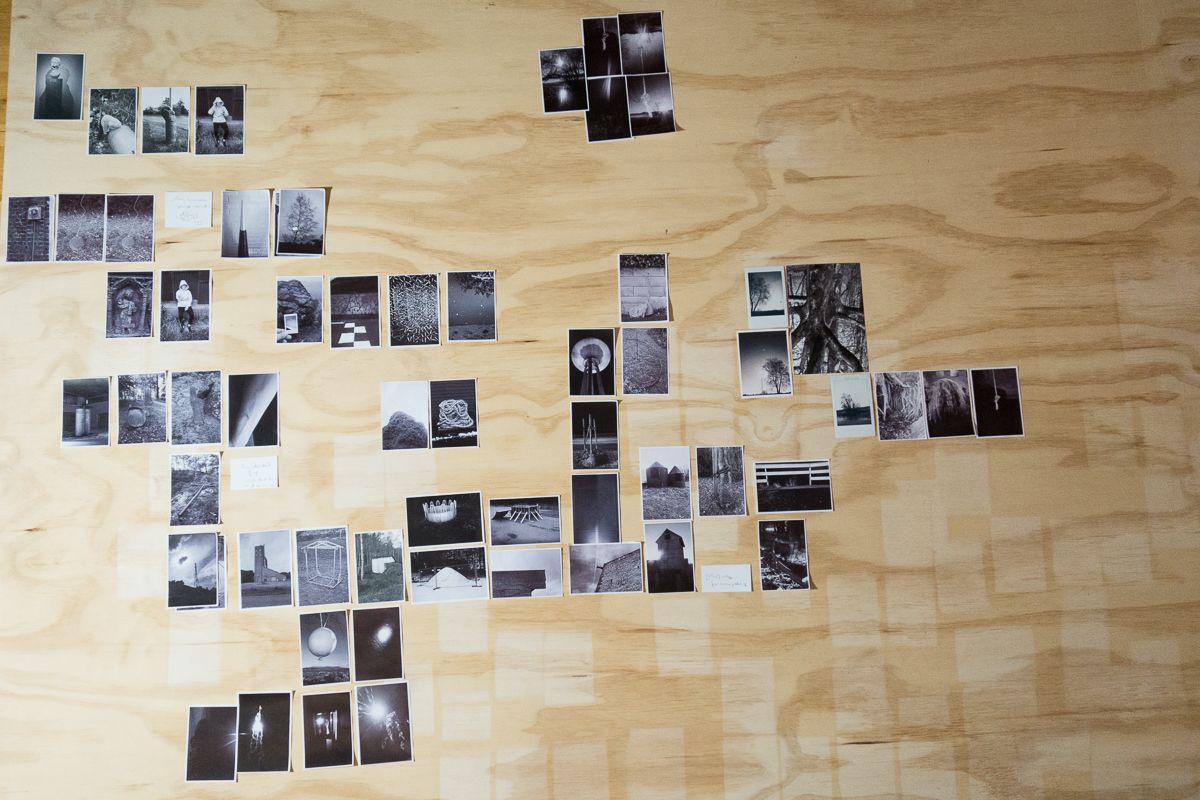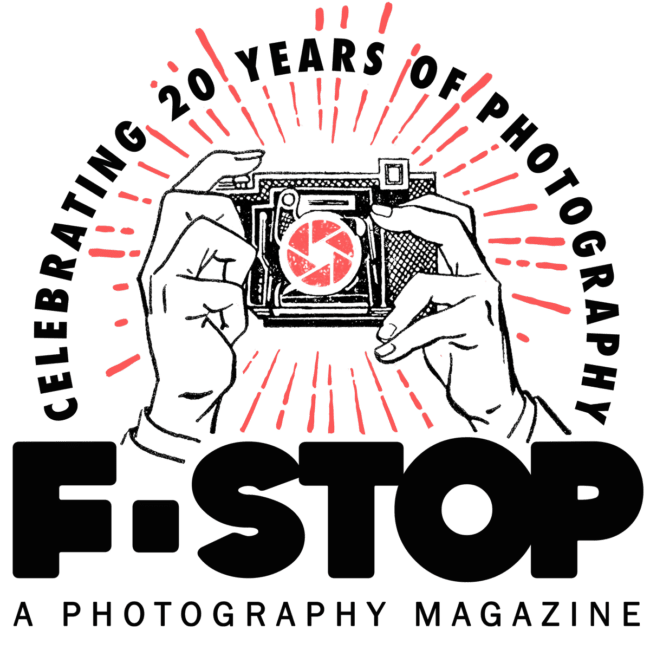blog
20th Anniversary Issue: Frank Biringer
As part of F-Stop Magazine’s 20th anniversary celebration we invited past featured photographers to share with us some thoughts and reflections. We asked each photographer to consider how their photographic work has changed over time, how the changes in photography over the past 20 years may have affected or influenced that change, and to share what they are up to most recently.
By Frank Biringer
http://www.frankbiringer.com/
“A photographer is, after all, someone who is able to lose themselves in those places, where it is worth getting lost.” – Piotr Zbierski; Push the sky away

From the series “Tupilak” (#tup-x3497)
First of all, I would like to thank Christy for inviting me to write a post on the occasion of the 20th anniversary of the F-Stop Magazine. I contributed to F-Stop some years ago when I had self-published my book “Tupilak”.
My main interests in photography and my way of working haven’t changed dramatically since I started to dig deeper into the world of photography 15 years ago. I have been working mainly digital since then but I’m glad to have an analogue past as well that enabled me to apply some of the analogue mindset into my digital world, like forcing myself to slow down and always working with physical prints – which is connected to the phase after the actual picture has been taken. This is probably the area where I have learnt most the last years and which I enjoy most when working nowadays.

Early work, from the series “The daydreamers’ diary” (#ddmb-h1312)
In the same way that I’m interested in the photobook as object, the image as physical, tangible object is important to me. Working with relations between pictures by using prints. Letting new meanings emerge and observing how meanings can change over a long time. A long time, as when pictures have been lying on a wooden plate so long that the sun has put its marks on the wooden plate when you take them away. What happens after the photograph is taken, gains more and more importance to me that way.
I’m using photography as tool to understand the world around me. So, in that sense, I’m doing my projects mostly for my own sake. Which feels very liberating, as I can focus completely on my own interests.

From the series “map of lost words” (#molw-x3766)

From the series “map of lost words” (#molw-s3034)
During an ISSP masterclass with Jason Fulford, I had the opportunity to further develop techniques of working with the relationship between pictures and how pictures change meaning in different contexts – the main focus was on the above mentioned phase after the picture itself has been taken, working with prints and telling stories.
The year-long masterclass turned into a 3-year journey due to Covid. Working together with Jason and 10 educated, professional classmates during these 3 years has strengthened and confirmed my approach to photography: working intuitively and then looking for connections, threads and meanings in the process afterwards. Everything in the masterclass circled around telling stories: with pictures, with words, telling, showing, writing, sequencing & editing, using references and chance, considering how much information to provide to the audience and what not to disclose – making a story telling performance out of everything we did. The methods we practiced during the class have been invaluable new learnings to me. It has also helped me get closer to finding my place in the world of photography, confirming my way of working, being playful yet serious.

From the series “map of lost words” – documentation of process
Work on my latest series started about 5 years ago. I’m asking the question how to understand what we do by intuition. To what degree can we influence our intuition? I worked on this series during the masterclass, so I had the opportunity to apply new methods directly to my ongoing work. Continuous feedback during our live and virtual get-togethers was very helpful in evaluating alternatives and getting a good base for deciding next steps. The current result is a book-dummy of the work: “map of lost words” – it can be seen on my website. Time will show if the dummy will be the final result or if I go one step further and try to get it published somehow.

Mountains of Kong (collage from found photos)
“This is probably how learning works: that we wish to understand – and yet only then understand when we have already understood. But when we have crossed the line of understanding, we often do not know.” – Jenny Erpenbeck, Not a novel (freely translated as the English version doesn’t contain this part of the German original text)
Events by Location
Post Categories
Tags
- Abstract
- Alternative process
- Architecture
- Artist Talk
- artistic residency
- Biennial
- Black and White
- Book Fair
- Car culture
- Charity
- Childhood
- Children
- Cities
- Collaboration
- Community
- Cyanotype
- Documentary
- Environment
- Event
- Exhibition
- Faith
- Family
- Fashion
- Festival
- Film Review
- Food
- Friendship
- FStop20th
- Gender
- Gun Culture
- Habitat
- Hom
- home
- journal
- Landscapes
- Lecture
- Love
- Masculinity
- Mental Health
- Migration
- Museums
- Music
- Nature
- Night
- nuclear
- p
- photographic residency
- Photomontage
- Plants
- Podcast
- Portraits
- Prairies
- Religion
- River
- Still Life
- Street Photography
- Tourism
- UFO
- Water
- Zine


Leave a Reply